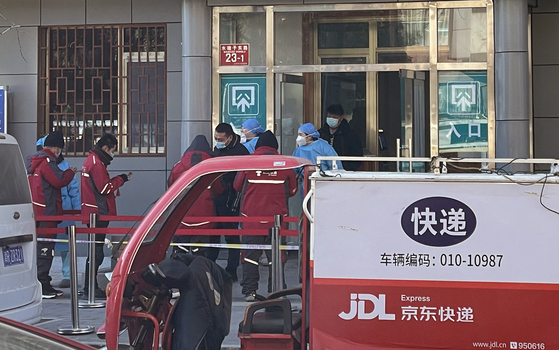Even in the nursing field, digital technologies allow the development of some useful and effective assistance systems.
Heart failure is a disease caused by the heart’s reduced ability to pump blood around the body. This condition involves the onset of symptoms such as dyspnoea, fatigue, edema and can trigger a deterioration in health.
Being a chronic condition, the monitoring of the patient, through periodic outpatient visits, allows to evaluate the clinical situation and sometimes to prevent the onset of acute forms that would require hospitalization. However, these visits may not be enough to recognize a sudden worsening of the symptoms, since it is a pathology with a high and rapid developmental risk.
For this reason, some hospitals have set up a “Telenursing” nursing team. Through specific remote nursing assistance interventions, without the patients having to move from their homes, the nurse identifies potentially dangerous situations.
The “active remote surveillance” program in fact provides for weekly telephone contacts to monitor the progress of symptoms and the level of adherence to therapeutic indications, mainly implementing nursing interventions for health education.
A second possibility is given by “telemonitoring” through which the nurse provides the patient with a wearable device that records and transmits the electrocardiographic trace that is monitored in order to promptly recognize the possible appearance of cardiac arrhythmias.
For some people, subjected to permanent implantation of a defibrillator or pacemaker, “telemonitoring” is extended with the activity of “Home Monitoring” or the monitoring of devices in order to prevent malfunctions or acute heart failure events.
In all these programs, the assisted persons can also contact their nurse directly who, being aware of their clinical situation, can provide specific advice regarding the problems encountered.
In this activity, the client often reports how “Telenursing” increases the sense of protection and support for himself and his family by improving the ability to self-manage the disease. Through targeted nursing educational interventions, the patient, or the family member, develops the ability to recognize early any deterioration and the related correct behaviors to be implemented.
Among the advantages it is found that the client is educated in his family context, without the often anxious effect of the hospital visit, resulting more receptive and interested in understanding the value of the information provided.
Furthermore, especially in these pandemic periods, the strengthening of “Telenursing” takes on greater importance because it further protects the assisted person by reducing access to a hospital structure.
* Nurse registered with the OPI of Bergamo
© REPRODUCTION RESERVED
–

![[잉글랜드 FA컵] Marine FC, 8th Division Team against Tottenham, is applauded [잉글랜드 FA컵] Marine FC, 8th Division Team against Tottenham, is applauded](http://img.newspim.com/news/2021/01/06/2101060918357290_w.jpg)
